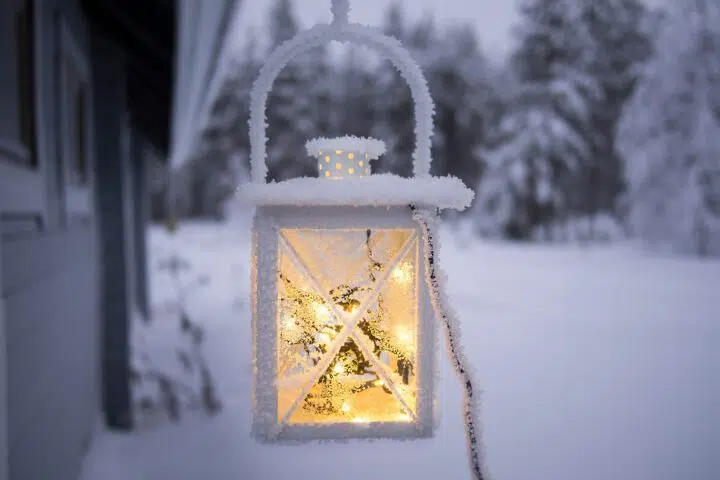A couple of my friends had some of their titles go out of print this year. That’s such a hard thing for a writer, to see a book you loved into existence simply go away. Of course, now with self-publishing they can reprint the books if they can get the rights back and if they want to deal with the hassle, but those stories will likely not get the attention they once did.
I was still thinking about those friends when I visited an exhibit called “Analog City: NYC B.C. (Before Computers)” at the Museum of the City of New York last week. Many of the displays were interactive. A man was pecking away at an old electric typewriter. Parents were explaining to their kids how a card catalog worked. My husband and I groaned to our daughter about how many hours we spent in college searching for documents on the microfiche. There was a time when those devices were ubiquitous. We thought they’d never go away. Inventors marveled as their technologies spread across the globe and entered nearly every workplace.
And then one day the telegraph gave way to the telephone and iPods gave way to smart phones. And now many of the devices we once could not live without can be found only in museum exhibits. Progress, so they say.
Artists don’t like to think of our works being replaced. We want to imagine, like Shakespeare, they’ll still be producing our plays 400 years after we die. Or we’ll create a song so classic people are still remaking it decades later. But there’s only so much space on the bookstore shelves or the gallery walls, which means some things have to go in order to make room for the next great American novel or artistic masterpiece.
How well I remember that burning desire to see my books in print. How it drove nearly everything I did in my 20s. I remember how much I looked up to and admired the writers who were succeeding and how desperately I wanted to join them. How much I prayed but also trusted my time would come.
And it did. I achieved my dream of publishing a book eight times over. And after 30 years, I’m not yet ready to let my life’s work fade away, but it does seem fair for some of us who’ve gotten our breaks to step back just enough to make space for the new voices, new talent, and new hunger. And to create space in our own hearts and minds to grow beyond the identities we’ve set for ourselves as writers and artists.
Just because no one uses a mimeograph machine anymore, just because most people don’t even know what it was, doesn’t mean it didn’t serve a purpose. For a time, it brought new excitement, productivity, and inspiration to our world. It was part of a chain of human invention that expanded our minds and ushered in new possibilities. It was born from creative energy, and that energy is still with us today. It’s reflected in all the books we’ve written, published or not, in print or not. How lucky we are to be part of this never-ending and inspiring timeline.
By Teresa R. Funke
If you like this post, please share and credit Teresa and Bursts of Brilliance for a Creative Life blog



